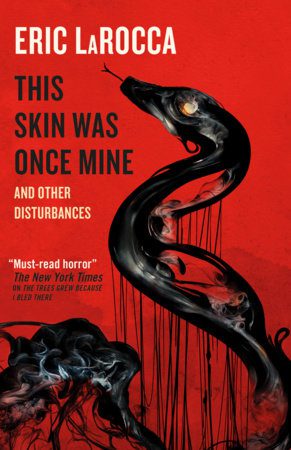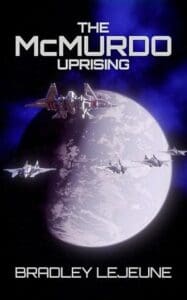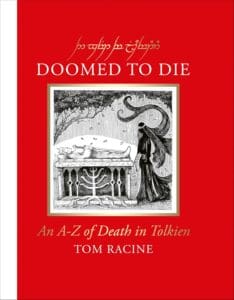
Synopsis
Four devastating tales from a master of modern horror…
This Skin Was Once Mine
When her father dies under mysterious circumstances, Jillian Finch finds herself grieving the man she idolized while struggling to feel comfortable in the childhood home she was sent away from nearly twenty years ago by her venomous mother. Then Jillian discovers a dark secret in her family’s past–a secret that will threaten to undo everything she has ever known to be true about her beloved father and, more importantly, herself. It’s only natural to hurt the things we love the most…
Seedling
A young man’s father calls him early in the morning to say that his mother has passed away. He arrives home to find his mother’s body still in the house. Struggling to process what has happened he notices a small black wound appear on his wrist—the inside of the wound as black as onyx and as seemingly limitless as the cosmos. He is even more unsettled when he discovers his father is cursed with the same affliction. The young man becomes obsessed with his father’s new wounds, exploring the boundless insides and tethering himself to the black threads that curl from inside his poor father…
Prickle
Two old men revive a cruel game with devastating consequences…
All the Parts of You That Won’t Easily Burn
Enoch Leadbetter goes to buy a knife for his husband to use at a forthcoming dinner party. He encounters a strange shopkeeper who draws him into an intoxicating new obsession and sets him on a path towards mutilation and destruction…
Review
My experience in reading Eric LaRocca’s short fiction has been a bit of a mixed bag. The title story of his first collection, Things Have Gotten Worse Since Last We Spoke, is a delightfully disturbing tale that includes obsession, body horror, and complex, toxic queer relationships. That story was a viral sensation, and rightly so, but I found the other stories a bit lackluster by comparison.
Similarly, You’ve Lost a Lot of Blood, was a book containing a couple of quite interesting stories that were hampered by a cumbersome framing structure, and none of those stories quite panned out.
So my experiences have mostly been characterized by a feeling of almost. These are stories that skirt around the edges of greatness, but tend to collapse under some unseen weight.
Reading This Skin Was Once Mine, I once again felt that the title story was carrying the book but it also left me with decidedly less positive feelings. There’s a lot less almost in this new collection, and a lot more chaff.
The title story is pretty well delightful, bearing the rough structure of an old EC comics morality tale, where people behave in horrible ways but eventually pay the price. There’s a kind of cosmic justice at play that’s enjoyable to watch, and it’s all filtered through a sensibility that’s so surreal, so sinister, that it’s genuinely fun, just like the old horror comics. I’d have delighted in a collection of such stories.
Unfortunately, the following stories have none of the first one’s assurance, fun, or clarity.
“Seedling” bears all the marks of a great idea, with a chillingly imagined objective correlative for the certainty of death that our protagonist feels growing inside of him, and while it doesn’t have much of a story structure, it operates more in the manner of a prose poem. The trouble is that it bears none of the specificity of language required for that task. In many of these stories, the prose seems to actually be getting in the way of the narrative, drawing the reader’s attention away, rather than clarifying. No one walks in these stories. Nor do they look. Instead, every verb feels as if it’s been mined up from thesaurus with little attention to its meaning and instead for its sound. Often, the diction is simply incorrect, leading to not only frustration but an inability to attend to the story at hand.
“All the Parts of You That Won’t Easily Burn” gives us a more familiar narrative structure, as well as LaRocca’s trademark body horror that becomes indistinguishable from sexual fetish, but it feels a bit forced, with the question of why our protagonist would even begin his dark descent simply abandoned, so it feels more like an exercise in shock than any character-driven exploration. And once again, the language is so strange, so imprecise, so often simply “wrong,” that it sometimes had the ring of prose clumsily translated from another language.
I had high hopes for “Prickle,” the closing story, as it once again felt much more assured, and the language much clearer, with an almost nineteenth century stateliness about it, but the end of the story dashed my hopes, as any kind of development that had been made was simply tossed aside like the proverbial baby in the bloody bathwater.
I don’t know what to make of This Skin Was Once Mine, because it feels as if its many parts might have been written by as many different authors, or perhaps at as many different stages in one writer’s development, but I do know that it did not deliver either scares or deep discomfort, which is a shame, because I think there is a unique and interesting voice lurking back there somewhere, if only it could push through the language and assert itself.








Leave a Reply